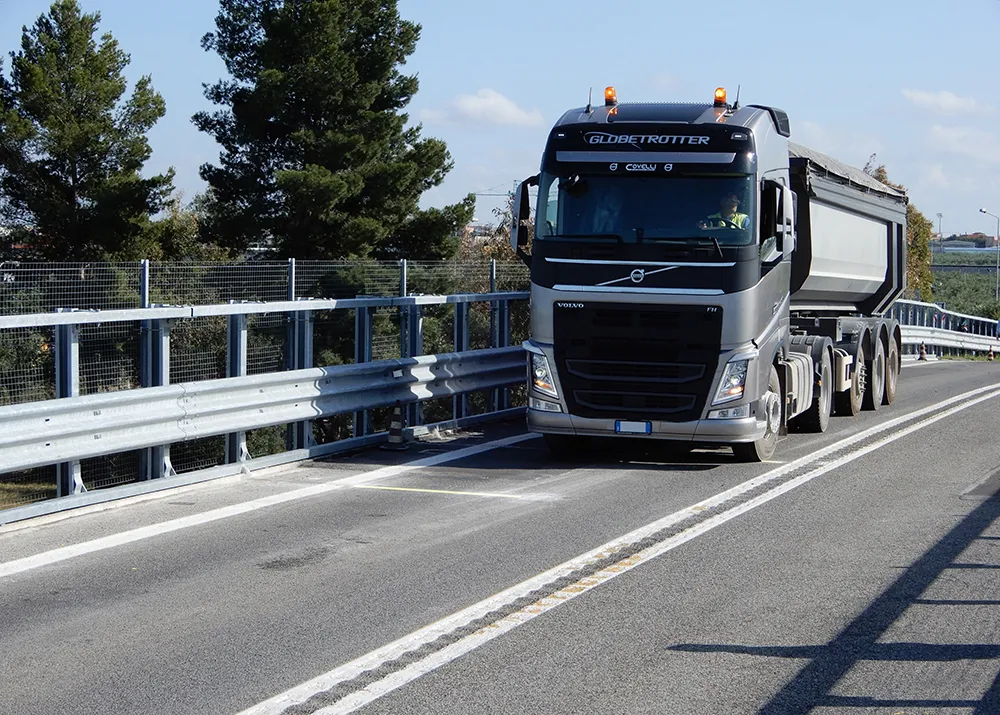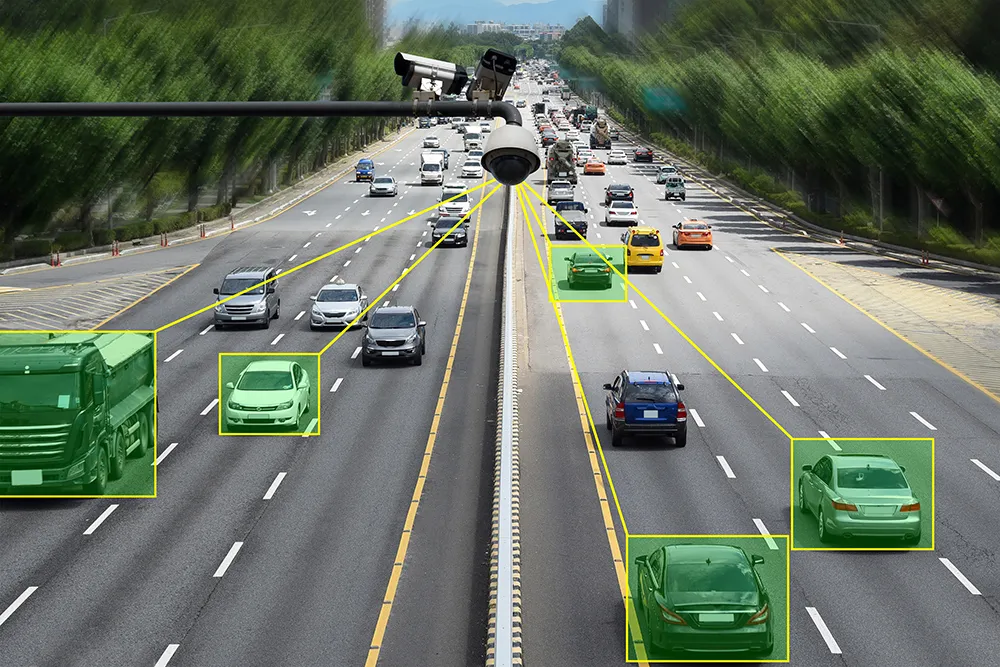
Roads are empty now due to Covid-19 lockdowns, but 70% of drivers are unhappy about congestion during normal rush hours, according to a new survey.
The top three negative effects that people complain about are worsening of the environment and air quality, longer travel times and higher levels of stress behind the wheel, says the Kapsch TrafficCom Index.
The survey questioned 1,000 people in each of nine countries - US, Argentina, Chile, UK, Germany, Austria, France, Spain and Australia for a total 9,000 respondents.

With the exception of the US and Australia, where stress levels and travel time bother drivers most, air quality and environmental degradation is the number one negative effect cited in all other surveyed countries. Respondents most concerned with air quality and the environment are in Spain and Chile, where more than half of the survey participants pointed to this issue as number one.
However, the harmful impacts of congestion do not necessarily lead drivers to change their habits. When asked about their preferred routes, overall more than 60% of drivers want to shorten travel time rather than find an option with the lowest environmental impact. In the US, Austria and Argentina more than 40% are strongly convinced that saving time should be the primary consideration in choosing a route.
“The Covid-19 pandemic, climate change, and the discussions on the future of mobility all illustrate the need to balance personal and community interests,” said Georg Kapsch, chief executive of Kapsch TrafficCom, based in Austria. “The Kapsch TrafficCom Index shows us that drivers want to be more eco-friendly but need direction to help counteract negative mobility effects for themselves and their communities.”










